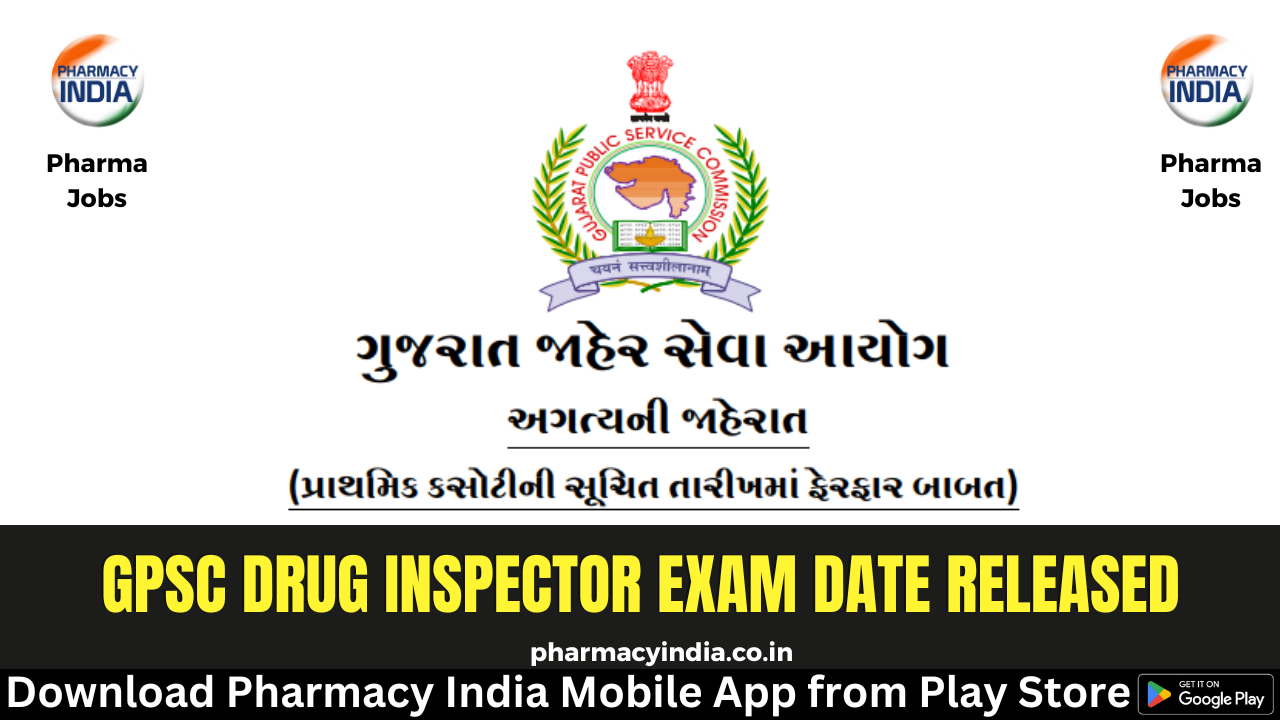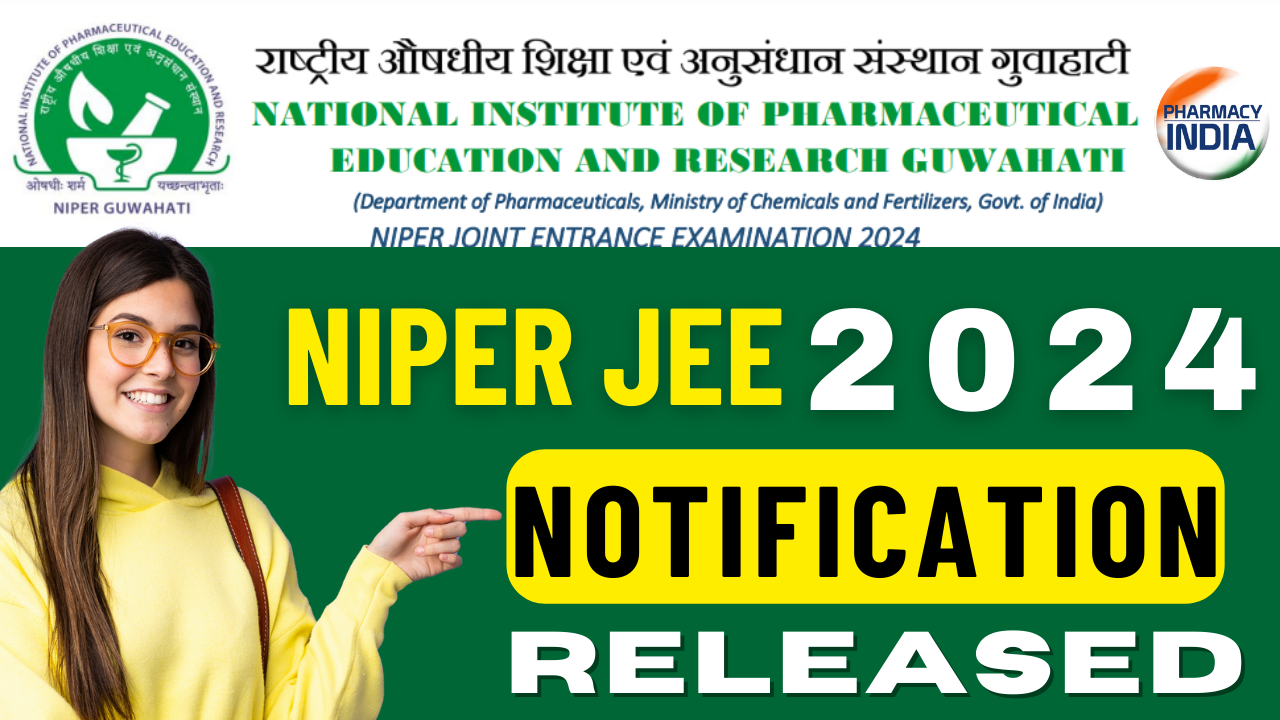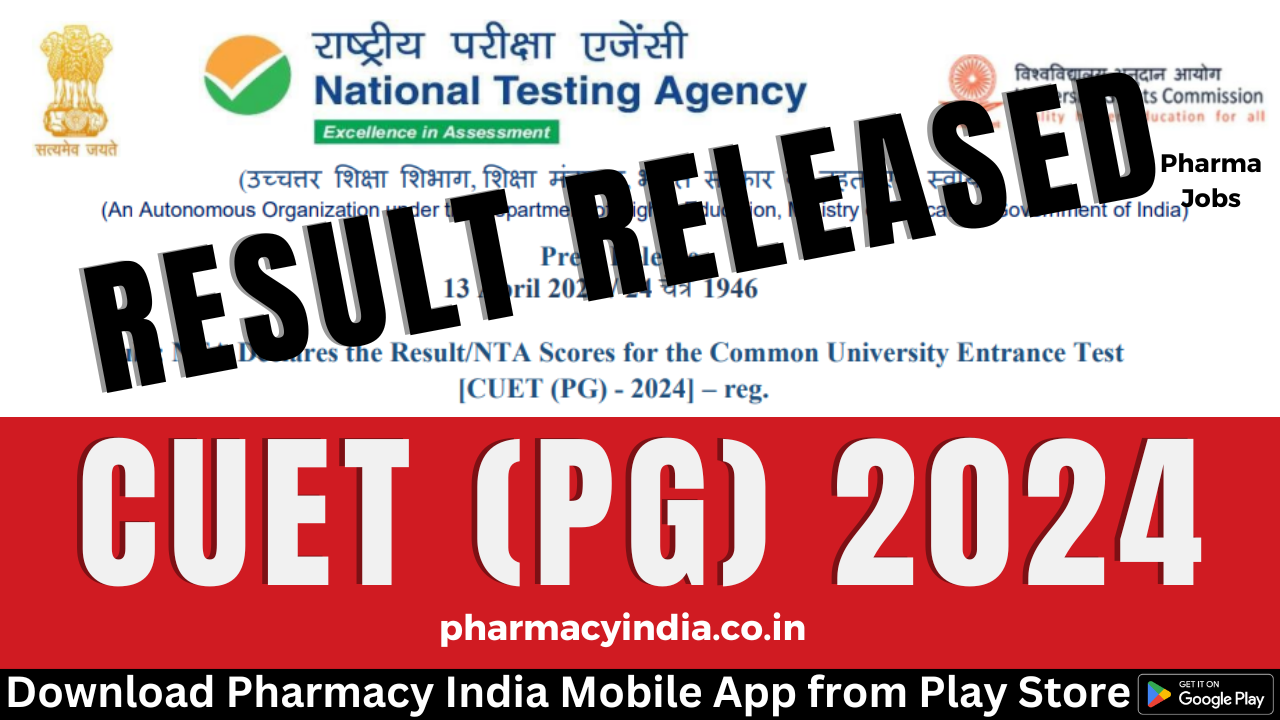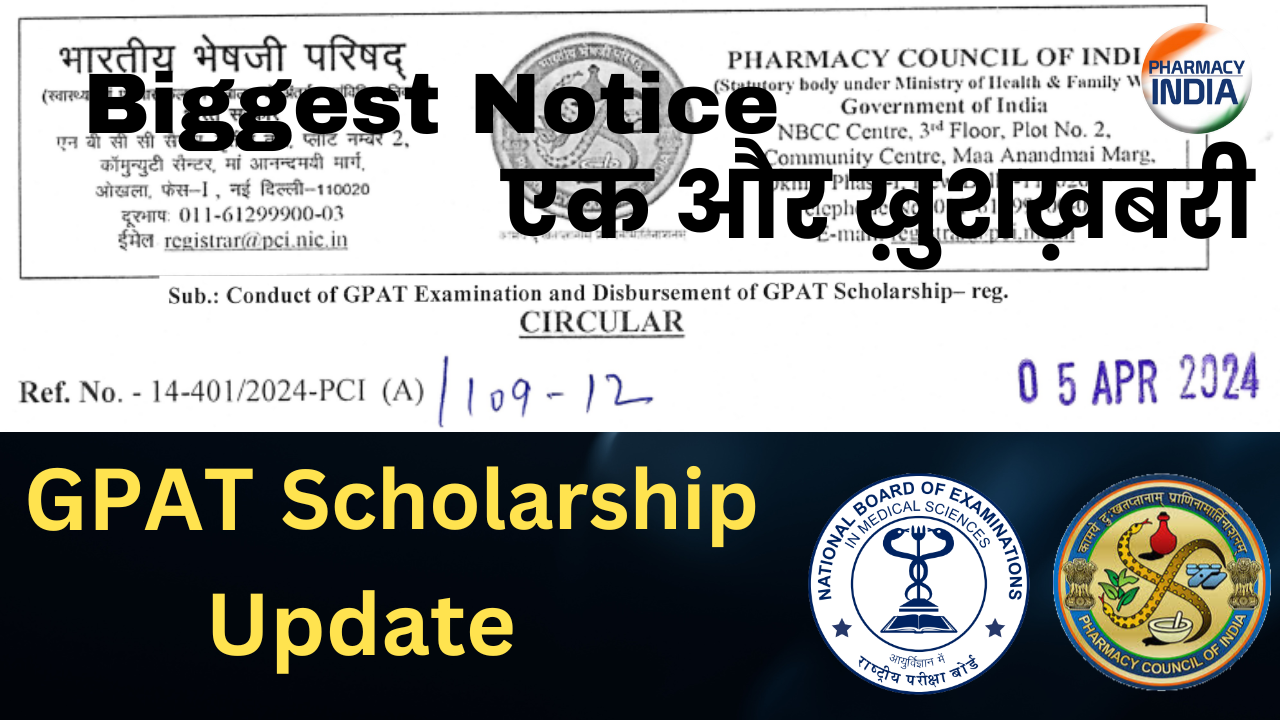Pharmaceutical companies are today addressing cardiac diseases in women on war footing through promoting usage of potential medicines for managing early risk factors and launch of new molecules. There has been rapid growth in the use of drugs that manage early risk factors for e.g., Angiotensin II Receptor Blockers (ARBS) and statins that significantly reduce cardiac disease related mortality. Similarly, the launch of new molecules, such as Dabigatran and Prasugrel, are expected to reduce mortality and improve the quality of life.
According to Raheel Shah, Director, BDR Pharmaceuticals, “The rise of heart ailments in women in India is a major health crisis that requires urgent attention from all stakeholders. While there are several treatment and prevention options available, they may not always be suitable for women due to their unique biological and hormonal profiles. Therefore, the pharmaceutical industry is today investing in research and development to create new and innovative treatments that can meet the specific needs of women.” However, despite the availability of these treatment options, not all women are receiving the care they need. Women are often diagnosed at later stages of the disease, which reduces the effectiveness of the treatment.
Shah further explained that this is where the pharmaceutical industry can step in to develop new and innovative treatment options that are tailored specifically to the needs of women with heart diseases. For example, we are developing new drugs that target the specific biological pathways that are more prevalent in women. We are also studying the effects of hormonal fluctuations on heart health and developing treatments that can help mitigate these effects. Additionally, we are working on improving diagnostic tools, such as genetic testing, to help identify women who are at higher risk of developing heart diseases and to enable earlier diagnosis and treatment. Experts advocate that there is a need for a multi-pronged approach that involves education, prevention, screening, and effective treatments. The pharmaceutical industry is progressing every day to develop innovative solutions that can help fight this alarming trend.
Shah further informed that the prevalence of cardiovascular diseases has historically been higher in men than in women, but recently, the gender gap is narrowing, and in some cases, women are overtaking men in the severity and mortality rates of these conditions. There are many factors contributing to the rise of heart ailments in women in India. The rise in heart diseases is due to several interlinked factors such as aging, food habits and changing lifestyles, as well as other rapidly evolving socioeconomic determinants. The domino effect created due to these factors result in Increased incidence of cardiovascular diseases.
“The factors can be broadly categorized like socioeconomic determinants like globalization, urbanization and improved healthcare leading to modifiable and non-modifiable risk factors like unhealthy diets, reduced physical activity, stress and an ageing population, which in turn lead to Increase in intermediate risk factors and co-morbidities like diabetes, dyslipidaemia, hypertension, obesity, and smoking among others which results in cardiovascular disease burden,” he concluded. According to recent data, cardiovascular diseases (CVDs) are responsible for 31% of all deaths globally. In India, CVDs are the leading cause of death among both men and women, accounting for 28% of all deaths in 2016.







